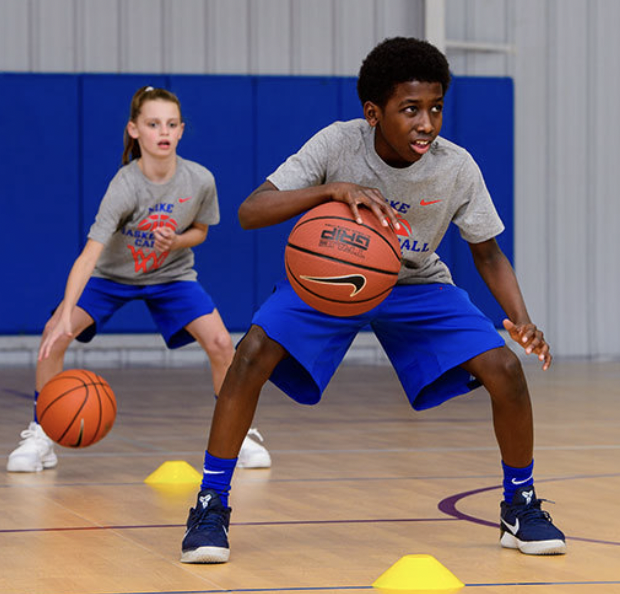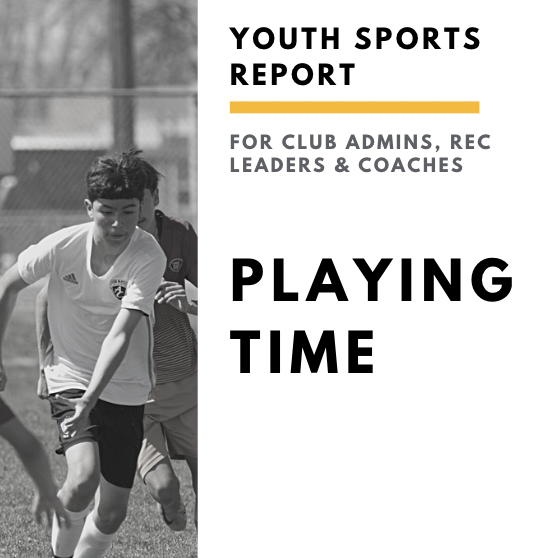Get our exclusive report. Download the iSport360 Club Switching Report Here – For Club Admins, Rec Leaders and Coaches.
I Made the B Team, Now What
For many young athletes, making a sports team can be one of the most exciting experiences of their lives. However, not all young athletes make the A team, and this can be a disappointment. It can be especially challenging to accept when they make the B team. Here are some tips for young athletes who have made the B team in youth sports.
Don’t Take it Personally
It is essential to understand that making the B team does not mean that the athlete is not talented or that they did not try their best. Coaches have to make difficult decisions based on many factors such as skill, experience, attitude, and team dynamics. The coach’s decision does not reflect on the athlete’s worth or value as a person.
Keep a Positive Attitude
Having a positive attitude is critical for young athletes who make the B team. It is natural to feel disappointed, but it’s essential to keep a positive attitude and continue to work hard. A positive attitude can help the athlete remain focused on their goals and motivate them to improve their skills and earn a spot on the A team.

Use it as Motivation
Making the B team can be an opportunity for young athletes to improve their skills and work harder. It can be used as motivation to prove to themselves and others that they have what it takes to make the A team. The athlete can use this experience as a stepping stone towards their goals.
This article is provided by iSport360, a youth sports software company that helps young athletes and their team improve communication, organization and player development.
Learn how to make every youth sports season a success for players, coaches and parents.
Embrace the Opportunity
Being on the B team can provide young athletes with an opportunity to gain more experience, develop their skills, and learn from their mistakes. They can focus on improving their strengths and weaknesses to become a more well-rounded athlete. Embracing the opportunity can also help the athlete gain a better understanding of the game and develop a deeper appreciation for it.
Be a Team Player
Being on the B team does not mean that the athlete is less important than those on the A team. As a coach, I usually say B team players need more time to cook. The A team has less mistakes, higher intensity and faster speed of play. The B team player may just not be ready for this rigor in and out of practice.
They are still a valuable member of the team and have an essential role to play. Young athletes should be team players and support their teammates, whether they are on the A or B team. They can contribute by encouraging and motivating their teammates, being reliable, and showing a positive attitude.
Work Hard and Improve
Work as if you are trying out for the team each time you step on the field. Coaches recognize players that work hard each. And while you continue to refine your technical skills, coaches may want to reward you by having you roster with the A team for a few games. Remember, sometimes the difference between the A team and the B team is technical skills but also the athletes ability to perform under high levels of pressure at a high pace.
Young athletes who make the B team should continue to work hard and improve their skills. They can attend extra practices, watch instructional videos, work with coaches, and seek feedback from their teammates. A lot of times I will let our B team players come to an A team practice. It shows those players the expectations on the speed of play and ability to consistently do the drill with limited mistakes.
Making the B team in youth sports can be a difficult experience for young athletes. However, with the right mindset, attitude, and effort, it can be turned into a positive experience. Young athletes should not take it personally, keep a positive attitude, use it as motivation, embrace the opportunity, be a team player, and work hard to improve their skills.
Coaches, parents, and teammates can support and encourage young athletes who have made the B team by providing positive feedback, encouragement, and constructive criticism. Ultimately, young athletes who work hard and remain focused on their goals can achieve success, whether they are on the A or B team.
Learn more or Book a Demo of our youth sports software that is helping teams improve communication, organization, and player development.
Learn more or request a demo of our youth sports software that is helping teams improve communication, organization and player development.
January 2, 2025





